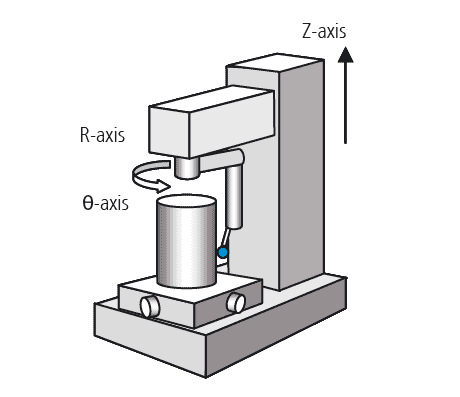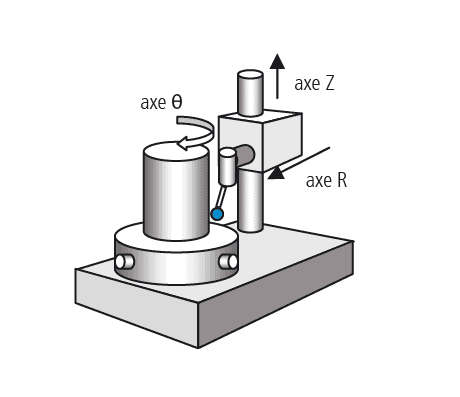Measure the Form
Tolerances are very important in the manufacture of components due to their impact on functionality, and manufacturing costs. Where dimensional deviations are not within the specified tolerances, work pieces may have limited functionality or correct assembly may not be possible Manufacturing defects, cutting forces, vibrations or temperature fluctuations can all lead to deviations, meaning precise checking of the tolerances is necessary.
In practice, the actual geometry of a particular manufactured work piece does not exactly correspond to the ideal geometry that is theoretically desired by the designer. To produce practical work pieces despite these manufacturing deviations, a certain tolerance is taken into account at the design stage. By specifying Form and Positional tolerances on a technical drawings, the quality of machining, and fits of bores and shafts can be maintained The most important tolerances include:



